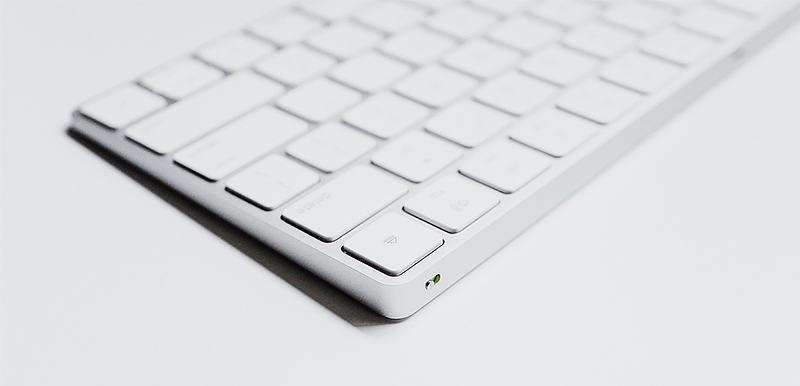Wearable activity monitors can count your steps and track your movements, but they don’t, apparently, help you lose weight. In fact, you might lose more weight without them.
The fascinating finding comes from a study published today in JAMA that found dieting adults who wore activity monitors for 18 months lost significantly fewer pounds over that time than those who did not.
The results suggest that activity monitors may not change our behavior in the way we expected, and raise interesting questions about the tangled relationships between exercise, eating, our willpower and our waistlines.
There have been tantalizing hints in a few studies recently that new technologies such as wearable activity monitors, which tell us how much we are moving and how many calories we have burned during the day, might help some people to drop pounds.
Those studies, however, had typically been small scale and short term, so it was still unclear how much activity monitors might aid in weight loss.
So for the new study, University of Pittsburgh scientists from the Physical Activity and Weight Management Research Center and their colleagues gathered almost 500 young, overweight men and women who wanted to lose weight. The recruits ranged in age from 18 to 35 since, presumably, these younger volunteers would be familiar with and competent using technologies such as activity trackers and any learning curve would be slight.
The volunteers were weighed and their general health and fitness assessed.
Then, for the first six months of the study, the volunteers followed a straightforward, low-calorie diet designed to provide steady weight loss and were urged to start moving more, aiming for at least 100 minutes of moderate activity each week. They kept daily food and exercise diaries and attended weekly counseling sessions.
By the end of six months, everyone had lost weight. And then the actual experiment began.
The scientists now divided their volunteers in half. One group was told to start logging their daily exercise sessions onto a study website.
The others were given a monitor designed to be worn on the upper arm that would track their physical activity and provide feedback about whether they were achieving goals for step counts, calorie expenditure and so on.
“We were pretty confident” that the volunteers in the group using the activity monitors would exercise more, monitor their calorie intake better, and lose more weight than the people in the self-monitoring group, says John Jakicic, a distinguished professor in the department of health and physical activity at the University of Pittsburgh and the study’s lead author.
For 18 months, the volunteers logged into the study website or wore the monitor on most days. Counselors occasionally checked with everyone by phone and sent encouraging text messages.
After 18 months — and two years after the beginning of the study — all of the volunteers returned to the lab to repeat their measurements from the start.
Most were thinner now than at the start of the study (although many had regained some of the weight that they had lost during the first six months).
Those who had not worn activity monitors were, on average, about 13 pounds lighter now than two years ago.
Those who had worn the monitors, however, weighed only about 8 pounds less than at the start.
“We were definitely surprised,” Dr. Jakicic says.
The reasons for the difference in weight loss are not immediately clear, he says.
Theoretically, those using the monitors might have been so inspired to exercise that they moved a lot, developed large appetites, and overate, blunting any weight loss from the workouts, he says.
But in fact, the data from the monitors shows that those wearing the technology generally exercised less than those in the other group.
So perhaps the monitors resulted in less motivation to move, Dr. Jakicic says. It is possible, he says, that when those wearing the trackers realized they would not reach their daily exercise goal, they simply gave up, leading to relatively low caloric expenditure on those days, and less weight loss overall than among those not using the technology.
The people using the monitors may also have assumed that, in some roundabout way, the technology removed responsibility from them for monitoring their energy intake, Dr. Jakicic says. “People may have focused on the technology and forgotten to focus on their behaviors” and ate too much, he says.
Dr. Jakicic and his colleagues hope to conduct follow-up studies that will directly examine how activity monitors affect exercise motivation and subsequent weight loss.
“What these results say to me is that we still have a great deal to learn” about how monitoring technologies affect real-life actions, Dr. Jakicic says. People’s responses to a monitor strapped to their arm may not always be rational and could result in behaviors that are the opposite of those that the monitor would be expected to encourage.
In other words, we humans are strange and often our own worst enemies, especially when it comes to trying to increase our exercise or reduce our weight.






